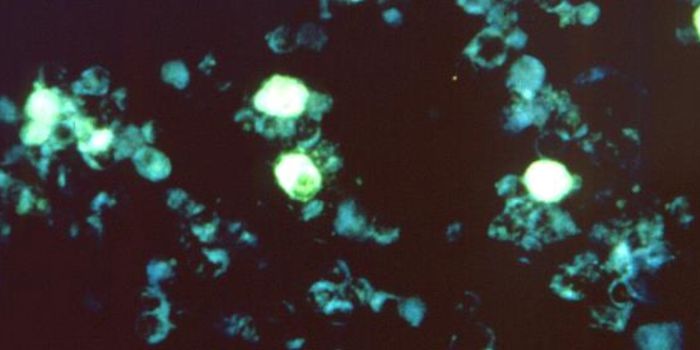With antibiotic resistance on the rise, scientists are looking for innovative ways to combat bacterial infections. The pathogen that causes conditions from strep throat to flesh-eating disease is among them, but scientists have now found a tool that could help them fight it: a drug approved to treat HIV.
Douglas A. Mitchell, PhD, and colleagues point out that Streptococcus pyogenes is responsible for more than 600 million illnesses and 500,000 deaths globally every year. A major factor in the pathogen's ability to cause disease is its production of a toxin called streptolysin S, or SLS.

If scientists could figure out a way to jam the bacterial machinery that makes the compound, they could develop new therapies to fight the pathogen and slow the spread of antibiotic resistance. But not much is known about how S. pyogenes makes SLS. Mitchell's team wanted to start filling in the blanks.
The researchers turned to an HIV drug called nelfinavir. Although the drug's target is an HIV protein, it is also known to incidentally block a key enzyme in patients. That enzyme is related to one in S. pyogenes that is critical for producing SLS. The scientists made several nelfinavir-like compounds that stopped the bacteria from making the toxin in lab tests. They conclude that the drug and its variants could help future efforts to understand how the deadly bacteria works and how to stop it.
Their work, discussed in an article titled "HIV Protease Inhibitors Block Streptolysin S Production," appearing in the journal ACS Chemical Biology, could someday lead to new treatments.
[Source: American Chemical Society]










